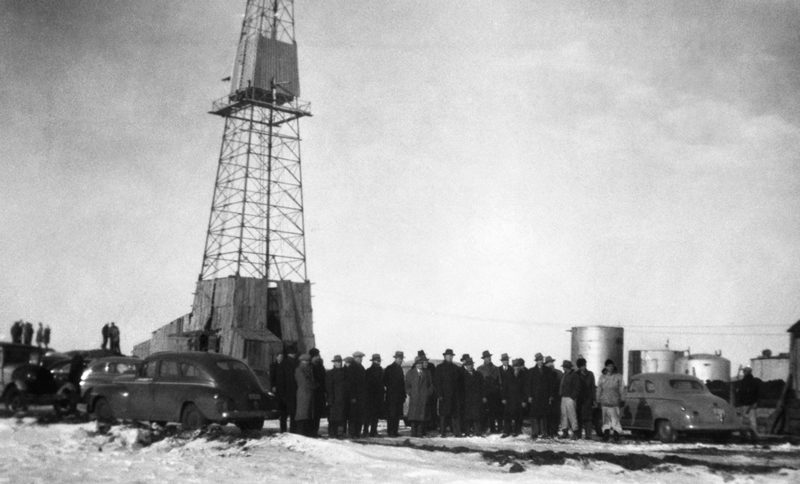 Canadian oil prices, especially heavy crude prices, have been enormously low over the past year due to the lack of take-away capacity. The press is full of accounts of Alberta and its oil producers losing up to 100 million dollars per day due to high differentials and discounted oil prices. This situation is likely to continue for the next two to three years and lead to enormous losses for Canadian producers and the Alberta government.
Canadian oil prices, especially heavy crude prices, have been enormously low over the past year due to the lack of take-away capacity. The press is full of accounts of Alberta and its oil producers losing up to 100 million dollars per day due to high differentials and discounted oil prices. This situation is likely to continue for the next two to three years and lead to enormous losses for Canadian producers and the Alberta government.
This is particularly significant as Alberta holds royalty rights over virtually all production by virtue of its ownership of the bulk of the province’s mineral rights, and hence makes it the largest identifiable revenue loser.
The essence of prorationing is to limit production amounts in a pro-rata form resulting in less production, a large reduction of economic waste, but leading obviously, to higher prices.
In the Canadian context this is not dissimilar to the Ontario & Quebec milk producer’s cartel which, by supply management, effectively raises prices on smaller, controlled production volumes. The major difference between the oil producer’s and milk producer’s is that the oil in Alberta is actually owned by the Province, while the milk producers benefit from a structurally beneficial cartel arrangement based on political considerations.
I have been privileged to work in the energy business in western Canada since 1965 and before anyone jumps to the conclusion that I have become a socialist, I would refer them to my association with Adam Smith. I was born in the same town as Adam and organized refurbishing his grave site in Edinburgh following the fall of the Berlin Wall. On reading Adam Smith in detail, he strongly backs a very limited government interference in business affairs but refers to the government being required to intervene when necessary. He even advocated immediate retaliation should trading partners increase tariffs on British goods. This issue is very relevant today, in this era of ‘one-way’ free trade.
I would also refer everyone to the intervention by the States of Texas and Oklahoma, in 1933 to stabilize oil prices there. At that time, due to a surge in oil production, prices fell to $0.10 a barrel, promoting violence and intense anger by the royalty holders, which in Texas, were predominately individuals. The proration scheme when announced, immediately increased the price of oil to around a $1.00 barrel, but by then the surplus was so great that prorationing lasted until early 1970.
During that period however, production allowable gradually increased and prices rose quickly, of course, to acceptable levels.
In addition, in 1950, following the massive oil discovery at Leduc in 1947, Alberta also imposed a prorationing scheme to enable the then limited pipeline takeaway capacity to prevent being flooded with excess production. The statute is probably still on the books.
While a new prorationing scheme in Alberta is fraught with problems, such as equitably sharing production, dealing with conventional producers versus oil sand plants, pipeline and rail contracts, administration difficulties, etc. the result would be worth the effort.
Despite manifold cries of ‘oxes being gored’ the result would permit ongoing drilling in the Province where new wells could be drilled and completed with an assured outlet for a proportion of new production, at an acceptable price. It would also clinch Alberta’s hold over the Canadian energy supply-and-demand balance in Canada. Obviously, the rate of prorationing would be reduced if and when new pipeline capacity becomes available.
A complaint about changing the rules of Alberta oil production can be rebutted by the fact that in my career in the energy business, royalties have been unilaterally changed three times and demonstrate Alberta’s ability to adjust regulations for the benefit of its citizens.
Finally, if any one complains that such a program would result in reduced foreign investment in the energy business, in Western Canada, I can assure them that most foreign entities who could sell, did, and currently there is a complete vacuum of new foreign investment capital!
Robert W. Lamond serves as the Chairman of Humboldt Capital Corp.